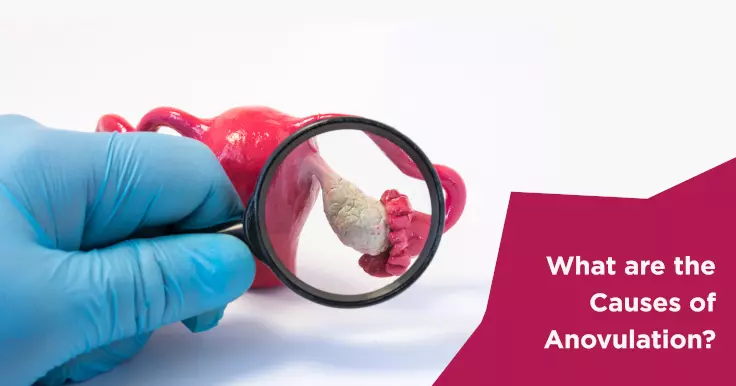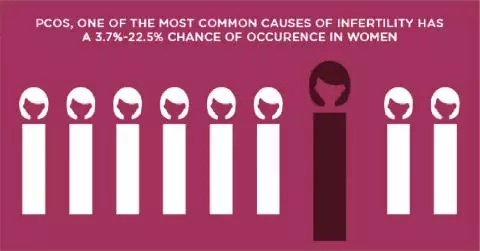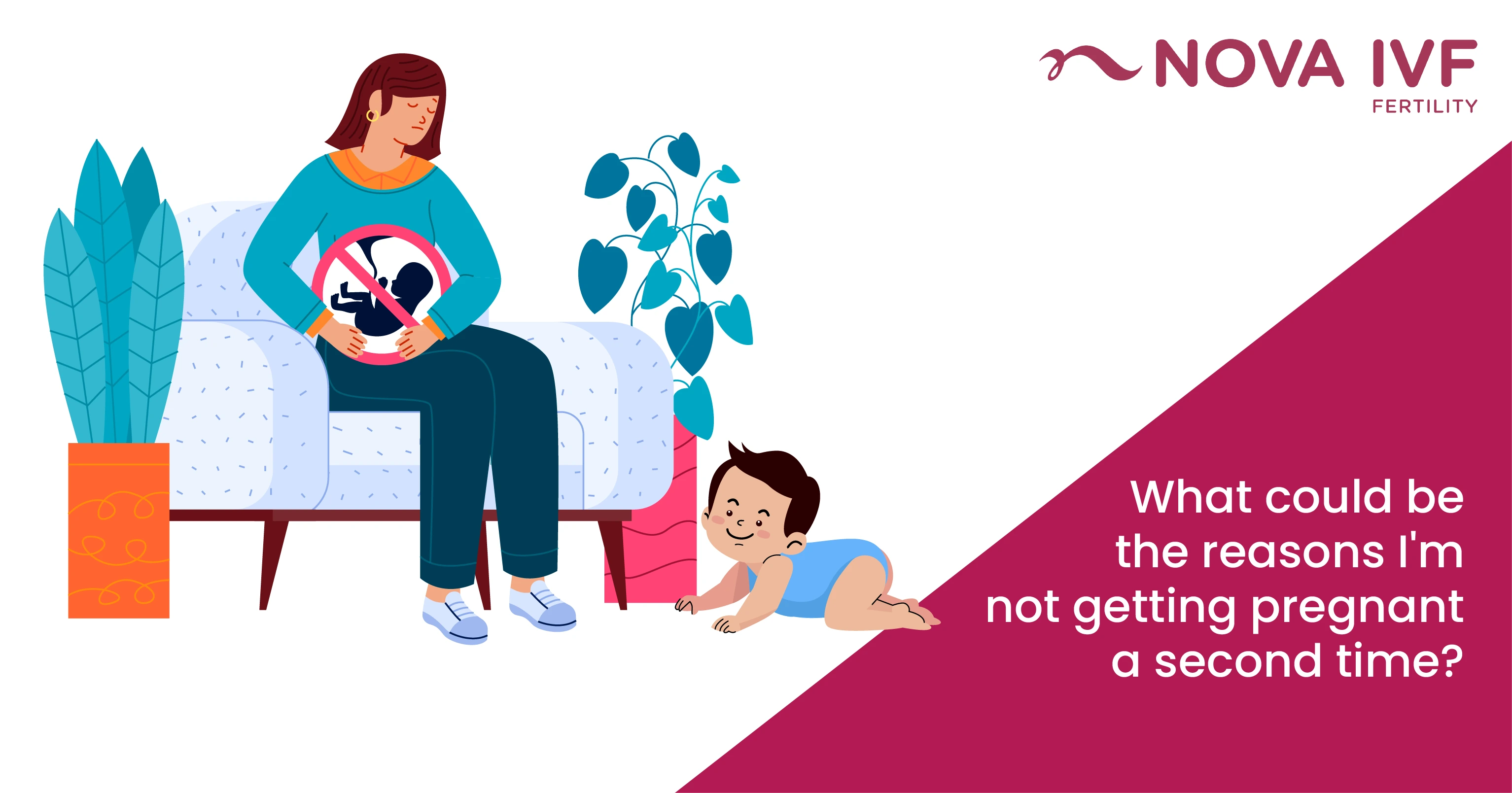Anovulation Causes: Understanding the Reasons Behind Irregular Cycles

Anovulation or lack of ovulation happens due to hormonal imbalance. There are various hormones involved in the procedure of ovulation. The GnRH (Gonadotropin-Releasing Hormone) triggers the pituitary gland to secreteFSH (Follicle Stimulating Hormone) which is responsible for the formation of a matured egg.
This process increases the production of estrogen, which prepares the uterus for pregnancy. As the estrogen level rises, the luteinizing hormone (LH) in the body rises. LH indicates the ovary to release the matured egg. After the egg is released, the progesterone hormone in the body rises to maintain the uterus for a possible pregnancy.
Any variation in these hormone levels can cause anovulation. In this article, we will discuss the anovulation causes in detail.
What Causes Anovulation?
Most of the women experience anovulation at some point in their life. During breastfeeding, the body produces high levels of prolactin, which reduces the level of FSH and LH hormones. Thus, inhibiting the ovulation process.
Also, when a girl experiences her first periods, she would experience a few anovulatory cycles in the following year due to the hormonal changes. Same goes with the women who go through menopause. Other than these, there are other causes of anovulation as discussed below:
- Lack of eggs: Low ovarian reserves are another reason for anovulation. After the age of 35, most women lack good and healthy eggs. But this condition can affect young women too. This can cause the FSH to increase and cause hormonal imbalance in the body.
- Obesity: High body fat increases the production of estrogen. High levels of estrogen can suppress the FSH and LH levels that are crucial for the ovulation process.
- Low body fat: Being underweight can also cause problems in inducing ovulation. Low body fat may lead to the production an insufficient amount of estrogenthat is essential for ovulation.
- Excessive exercise: Extreme exercises can lead to the release of stress hormones such as cortisol. Stress hormones can suppress the GnRH levels, thus inhibiting the ovulation process.
- Hyperprolactinemia: This is a condition that leads to an elevated level of prolactin in the blood. As mentioned above, high prolactin levels can affect the production of LH and FSH.
- Hyperthyroidism and Hypothyroidism: Both the conditions can increase the levels of GnRH and prolactin, which imbalances LH and FSH in the body.
- PCOS: Women with PCOS have abnormal levels of insulin and testosterone. These androgens stimulate the ovaries to produce multiple eggs. But in most of the cases, the eggs do not mature and this results in multiple cysts in the ovary which inhibits subsequent ovulation.
- Other factors: Sometimes, the birth control pills, patches, vaginal ring, implants, IUD with hormones, etc. can cause anovulation. Also, certain medications such as steroids, cancer drugs, epilepsy or seizure drugs, non-steroidal anti-inflammatory drugs, etc. used for the treatment of other conditions can lead to anovulation.
 Infertility Counselling
Infertility Counselling Female Infertility Treatment
Female Infertility Treatment Andrology Treatment
Andrology Treatment Fertility Enhancing Surgeries - Female
Fertility Enhancing Surgeries - Female Fertility Enhancing Surgeries - Male
Fertility Enhancing Surgeries - Male Endoscopy Treatment
Endoscopy Treatment IUI Treatment
IUI Treatment IVF Treatment
IVF Treatment ICSI Treatment
ICSI Treatment Advanced IVF Solutions
Advanced IVF Solutions Embryology
Embryology Vitrification Egg, Embryo, Sperm Freezing
Vitrification Egg, Embryo, Sperm Freezing Preimplantation Genetic Testing (PGT)
Preimplantation Genetic Testing (PGT) Donation Program Embryo / Egg / Sperm
Donation Program Embryo / Egg / Sperm Self-cycleTM IVF
Self-cycleTM IVF

 Self-cycleTM IVF
Self-cycleTM IVF










